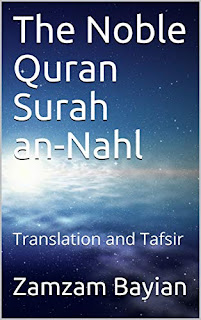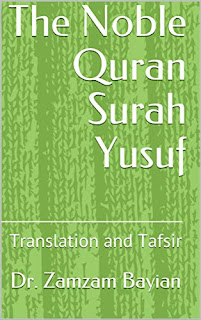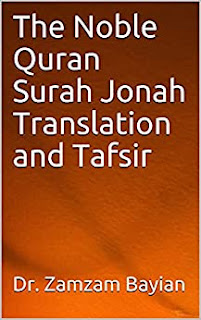Name of Surah at-Tariq
This surah is named at-Tariq ‘the night comer’ because Allah, Exalted be He, swears by ‘86:1 By the sky and the night comer.’
At-Tariq refers to a star that appears in the night and disappears during the day.
Relationship between Surah al-Buruj and at-Tariq
Both surahs begin by referring to the sky, [85:1 By the sky with the constellations…] [86:1 By the sky and the night comer.]
Both surahs speak about the resurrection on the Day of Judgment and some attributes of the Quran to refute the claims of the disbelievers, who said that Allah did not reveal it to His Messenger Muhammad [peace be upon him].
85:13 Indeed, it is He who originates and brings again.
86:8 Indeed, He is able to bring him back…
85:21 Nay, it is a Glorious Quran,
85:22 in a Preserved Tablet.
86:13 surely it is a decisive word,
Topics Discussed in Surah at-Tariq
The main theme of surah at-Tariq, just as all surahs revealed in Mecca, is discussing belief in the resurrection and reckoning on the Day of Judgment. It confirms that the Day of Judgment will certainly take place by referring to the fact that Allah created man from nothing. Logically, One, Allah, who is able to create something from nothing, is able to recreate it after death.
Surah at-Tariq begins by swearing by the sky and the shining stars therein to confirm that there are noble angels responsible for protecting human beings.
86:1 By the sky and the night comer.
86:4 No soul but has a watcher over it.
Then Allah confirms that resurrection for reckoning on the Day of Judgment is possible by referring to the fact that He created man from nothing in the first place, namely, creating Prophet Adam (the father of human beings) from dust. The One, who is able to create something from nothing is certainly able to resurrect it after death.
86:5 So let man consider from what he was created.
86:6 He was created from gushing water
86:7 issuing from between the backbone and the ribs.
86:8 Indeed, He is able to bring him back
Then surah at-Tariq mentions that all secrets that human beings hide in this world will be disclosed on the Day of Judgment. Human beings will stand before Allah, the Able, helpless and they will be justly recompensed for their deeds on that day.
86:9 on the day when the secrets are tested,
86:10 Then he will have neither power nor helper.
Surah at-Tariq is concluded with swearing by the sky that repeatedly rain and the earth that splits producing plants that the Quran is truthful and a decisive word that distinguishes between the truth and falsehood. It also warns the disbelievers of the evil end awaiting them in the Hereafter.
86:11 By the sky that rains repeatedly,
86:12 and by the earth that splits,
86:17 So give the disbelievers a respite; let them for a while.
Khalid bin Abi Jabal al-Udwani reported that he saw Messenger Muhammad [peace be upon him] in the market of the tribe of Thaqif in Ta’if city when he went there to invite its inhabitants to believe in Islam and support him. Khalid heard Messenger Muhammad reciting surah at-Tariq. Then he said, ‘I knew it when I was a disbeliever and recited it when I became a Muslim.’ The people of Thaqif asked me and said, ‘What did you hear that man saying?’ He said, ‘I recited surah at-Tariq to them.’ Then some men who belonged to the tribe of Quraysh and were present said, ‘We know best our companion. If we know that he invites to the truth, we shall follow him.’
Jabir, may Allah be pleased with him, said, ‘Muadh bin Jabal prayed al-Maghreb prayer ‘the evening prayer’ with some believers and he was the imam. He recited surah al-Baqarah and an-Nisa’. When Messenger Muhammad knew about that he said, ‘Do you want to put a burden on people? Was it not sufficient that you should recite surah at-Tariq, surah ash-Shams, and so on?’









